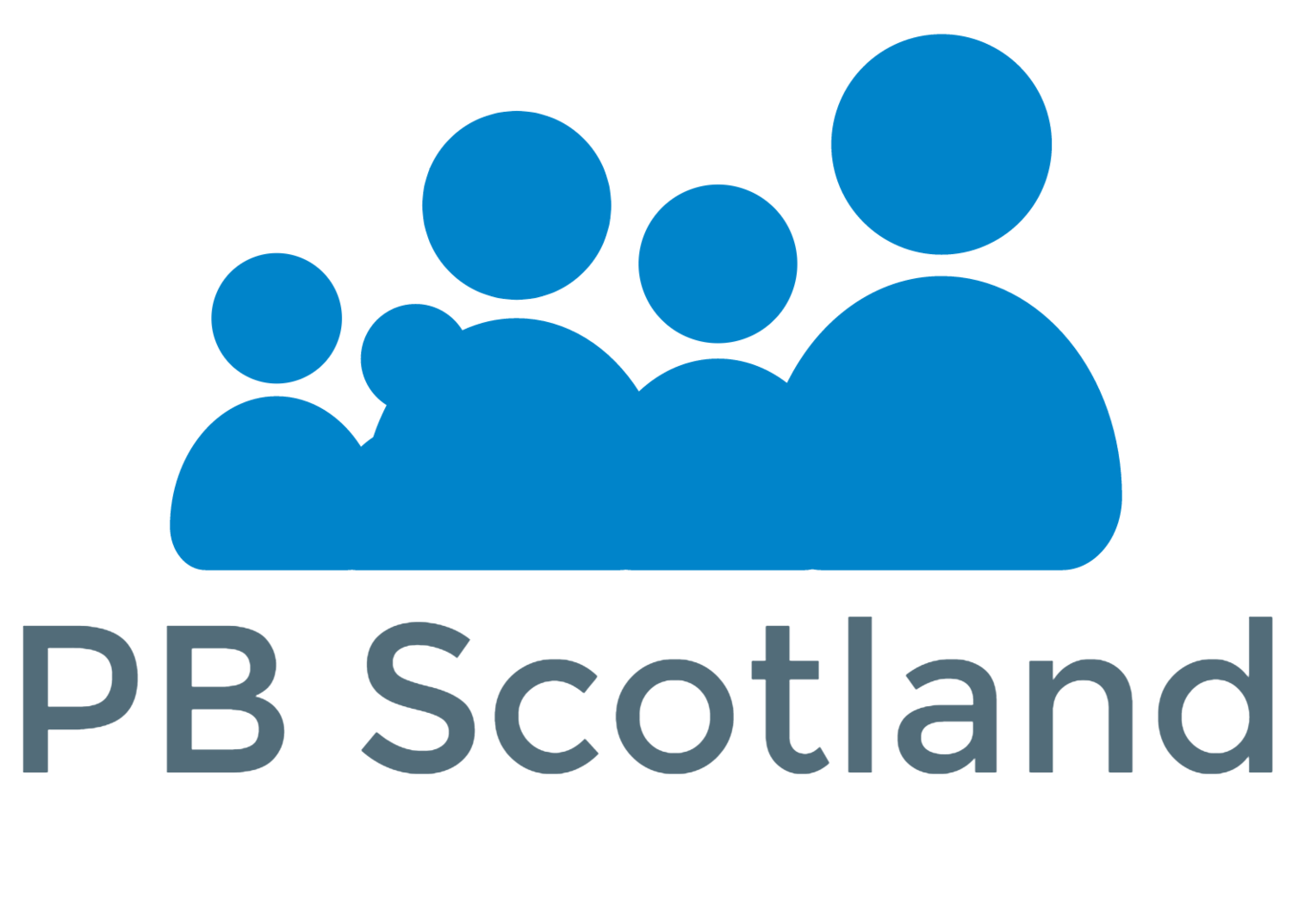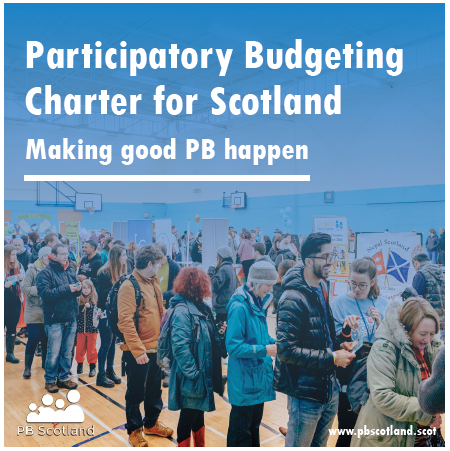What is the 1% local government participatory budgeting commitment?
/The 1% PB commitment is an agreement between the Scottish Government and COSLA (which represents local authorities in Scotland) that at least 1% of local government budgets should be decided through participatory budgeting.
PB is a way for people to directly decide how local money should be spent. Learn more about PB here.
Small grants vs mainstream
In Scotland, PB can generally be described as ‘small grants PB’ or ‘mainstream PB’.
Small grants PB is where grant funding is used to setup standalone or ongoing PB processes. This type of PB is usually run by community organisations, with groups submitting proposals and then being voted on by a local community. This usually involves smaller amounts of money.
Mainstream PB uses voting to decide on much larger, public body budgets. Mainstream PB is generally run by local councils. The 1% commitment was designed to support the development of mainstream PB by local councils in Scotland.
The agreement
The agreement was announced in 2017, with the Scottish Government minister saying: “This is a clear way of bringing democracy to local communities by giving people a direct voice in spending decisions.”
A COSLA spokesperson said:“This framework will hopefully see Scotland’s Councils building on strong examples of participatory democracy.”
The 1% commitment was renewed in 2021, following the pandemic which saw much of PB unable to take place.
In July 2023, COSLA announced that Scottish councils have reached the 1% milestone. Community Wealth and Public Finance Minister Tom Arthur said: “Participatory budgeting gives communities the power to make real decisions about how money is spent in their area. I am pleased that £154 million worth of council budgets have been directed towards projects and services that matter most to the communities they serve.”
COSLA Vice President, Councillor Steven Heddle, said: “Delivering on the 1% PB Agreement is a strong example of Local Government’s commitment to ensuring that more decisions are actually made by our communities.”






